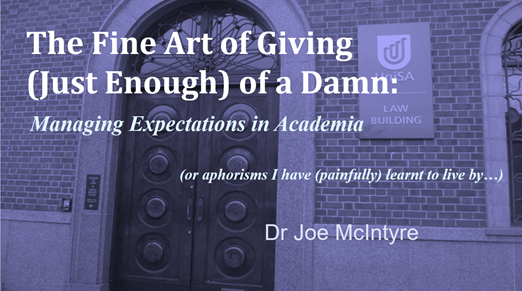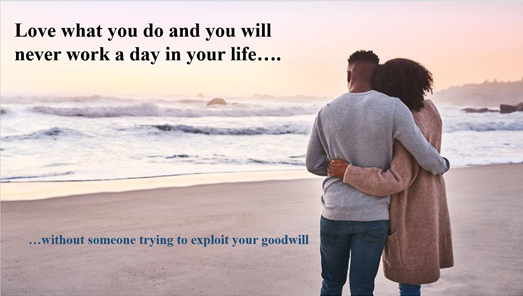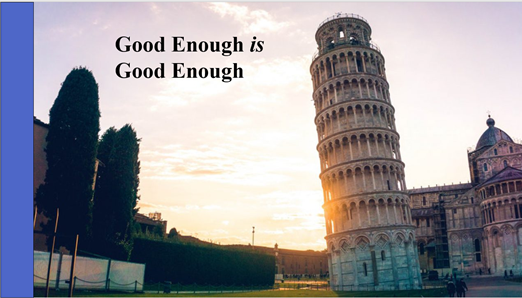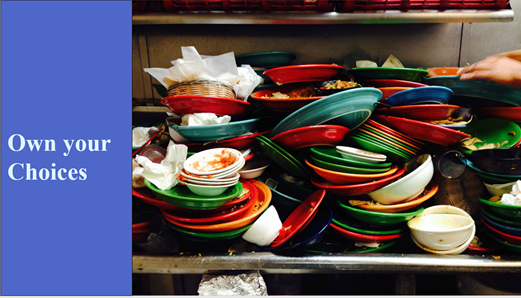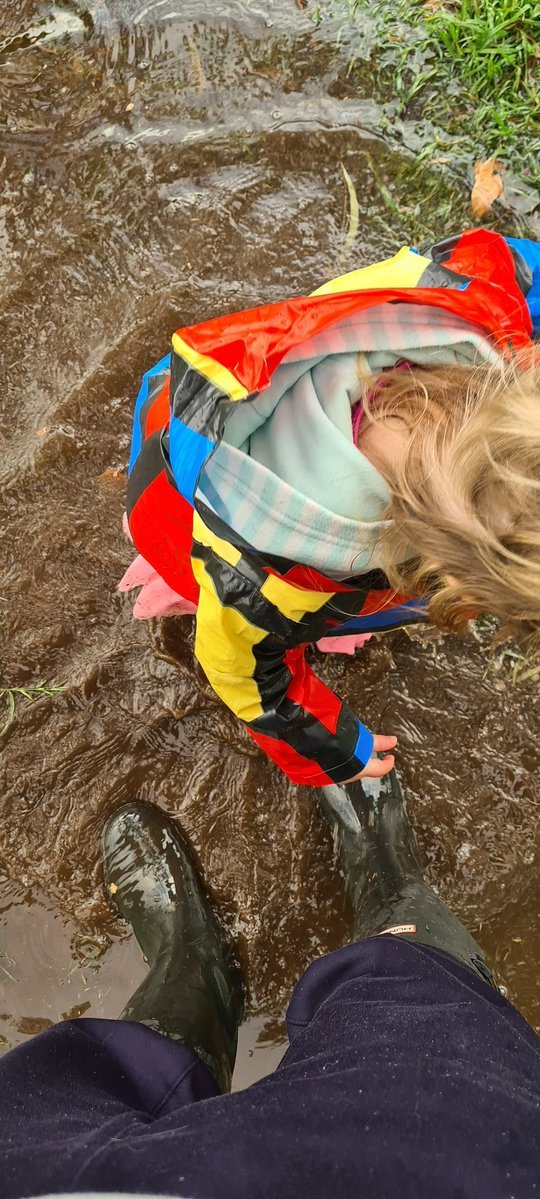A THREAD on managing expectations in #academia #highereducation (from my own painfully learnt experiences)
So I presented at a webinar @UniversitySA #ECR Work-Life Dynamics on Wednesday (I am not an ECR myself any more https://abs.twimg.com/emoji/v2/... draggable="false" alt="😭" title="Laut schreiendes Gesicht" aria-label="Emoji: Laut schreiendes Gesicht">
https://abs.twimg.com/emoji/v2/... draggable="false" alt="😭" title="Laut schreiendes Gesicht" aria-label="Emoji: Laut schreiendes Gesicht"> https://abs.twimg.com/emoji/v2/... draggable="false" alt="😭" title="Laut schreiendes Gesicht" aria-label="Emoji: Laut schreiendes Gesicht">), and thought it might be worth sharing a few ideas
https://abs.twimg.com/emoji/v2/... draggable="false" alt="😭" title="Laut schreiendes Gesicht" aria-label="Emoji: Laut schreiendes Gesicht">), and thought it might be worth sharing a few ideas
So I presented at a webinar @UniversitySA #ECR Work-Life Dynamics on Wednesday (I am not an ECR myself any more
These are tips that I wish I had learnt earlier - I hope they help a few of you struggling with the many demands of academic life in a #pandemic
(1) This one has been hard. But we need to remember that this is the quintessential Knowledge Industry – you can’t do it tired, you can’t keep sprinting
During my PhD I learnt that I could work 4-5 productive hours a day, almost indefinitely (and I had IDEAL working conditions). I could do 6-7, but it would write me off the next day, and if I strung a few days of it together, my brain would turn to mush
Both in the micro and macro, we need to remember this in our academic careers. Success is likely to take time because of the nature of the profession, building up reputation, knowledge, expertise etc
Do this career well, and you can be loving it in your 70s. Don’t burn out trying to be full prof by 40 only to fall out of love. Which of these careers do you want?
Go easy on yourself. Part of managing the distance is that sometimes it goes wrong. You can& #39;t get past the reviewers (my book took 7 years of being knocked back before it got published...) But with a perspective of decades this is OK.
(2) It is important to remember that this is a hungry profession. There is always more needed, more to do, another project, another article, more engagements, more possibilities. Academia can be consuming.
No matter how hard you work you can never do ‘enough’. Rather you have to accept that there is only so much you can do – be honest with yourself, with your boss, with your colleagues.
Take control, and don’t let it consume you.
Take control, and don’t let it consume you.
Again, this is super hard to do when you are in precarious employment situations, when you are worried about probation etc. This is where being honest is important. Because there will always be more you can do
(3) Many of us LOVE what we do. But there is a dark side to this. While this commitment energises us, it leaves us vulnerable. We want to help our students, our co-authors, our boss, our school/faculty/unit.
This of the response to the #highered funding crisis in Australia. Staff have been extraordinarily generous is accepting pay cuts and increase load because they believe in what they do. But this is without demanding scrutiny of accounts, and increased management accountability
And now we are seeing the job cuts happening anyway. We are seeing staff described as & #39;warm bodies& #39;. We are needing a @NTEUfightback because exploitation (and wage theft is rife) https://www.abc.net.au/news/2020-08-05/university-of-melbourne-exposed-in-decade-long-wage-theft-case/12519588">https://www.abc.net.au/news/2020...
We need to learn to recognise and channel the love of what we do, without leaving ourselves vulnerable to exploitation. This means setting boundaries - don& #39;t reply to students after hours, accept that it is OK to say no. And remember this is still a job (even if we love it).
(4) Starting out in academia is HARD. But it does get easier over time. Once you graduate your PhD you are journeyman scholar, but an apprentice academic. Learning how to balance the demands of teaching, research, service, grants, Uni politics, takes time. There is no short cut.
Be forgiving of yourself that is it super hard in the first 3-4 years. Finding time to research during term is super hard.
But it gets easier.
But it gets easier.
In my first 4 years I had 18 courses, in 4 Unis on 3 continents. This year I had no new lectures – and I could get research done EVEN IN A PANDEMIC. It might take 12-15 hours to write a new lecture, v 1-2 to update one.
It all gets easier with time. So go easy on yourself now
It all gets easier with time. So go easy on yourself now
(5) This is one of the hardest lessons to learn in academia. This does not mean you do a crap job. But it does mean that not everything needs to delivered to the highest level of excellence you are capable of.
This is most obvious for teaching, but is just as important to remember to research as well. Most academic work suffers from massive diminishing returns,
(6) Success demands compromises and choices. Every time @juliettemm have moved country/city we leave behind people and places we love. We dream of an Adelaide with the mountains of BC and the dreamy spires of Cambridge. But following one opportunity means abandoning others
Academia is the same. You have to make compromises as to which ends you will pursue, which path you will follow.
Every path chosen has another path ignored. This is unavoidable, and often hard. But this is OK
Find your path. It does not have to match another& #39;s
Every path chosen has another path ignored. This is unavoidable, and often hard. But this is OK
Find your path. It does not have to match another& #39;s
Making these choices is compound by uncertainty: you often decide on incomplete information, with unknown consequences. But remember, very little is irrecoverable - and if this career is 30-40 years long, you will have time
(7) The flip side of this demand that you choose your own path is that you need to be at peace with those choices, and own the consequences.
For example, if you have kids, you may not be able to work the long hours and weekends you used to. Your research output may drop. Your career will take a hit for a while – this is cool. Own it.
Men. This is particularly so for us. Our privilege here is intense. Pick up the sick kids. Do the damn dishes. We don& #39;t have to deal with the debilitating mothers guilt. Yes it means you can& #39;t do everything. But that& #39;s the choice. Frankly knocking off at 4pm to do this is tops:
(8) Relying on external validation and comparing yourself to others is a mugs game. This can be super destructive in this industry - not only are our gatekeepers constantly critiquing our work, but we are surrounded by superheroes
Being surrounded by brilliant people is one of the great privileges of this work. But it can be hard at time. Many of us have an excess of anxiety and self doubt ( https://abs.twimg.com/emoji/v2/... draggable="false" alt="👋" title="Waving hand" aria-label="Emoji: Waving hand">). Its easy to feel like we have to keep up with others is hard. But just enjoy your path https://twitter.com/Fergal_Davis/status/1308119102377033731">https://twitter.com/Fergal_Da...
https://abs.twimg.com/emoji/v2/... draggable="false" alt="👋" title="Waving hand" aria-label="Emoji: Waving hand">). Its easy to feel like we have to keep up with others is hard. But just enjoy your path https://twitter.com/Fergal_Davis/status/1308119102377033731">https://twitter.com/Fergal_Da...
(9) Enjoy this ride. For many of us, this job is the best thing ever. Have fun. And enjoy the community of legends around you that can help make it fun for all of you
Be alert to your own mental health. Anxiety is super common in this profession (my hand up). Imposter Syndrome is commonly offered as an optional upgrade for most PhD parchments.
OK to recognise this, take care. Remember it is a job, but can be a really fun one.
OK to recognise this, take care. Remember it is a job, but can be a really fun one.
(10) Take only as much of this as is useful. These are some hints that I wish I had learnt earlier. They reflect my journey. You will all have your own challenges, obstacles and moments of brilliance. If you are struggling, reach out.
Now taking my own advice re #9, I am off to the pub with @juliettemm @_LisaParker @stickwithricksa for Friday night knock off. Have a great weekend all.

 Read on Twitter
Read on Twitter